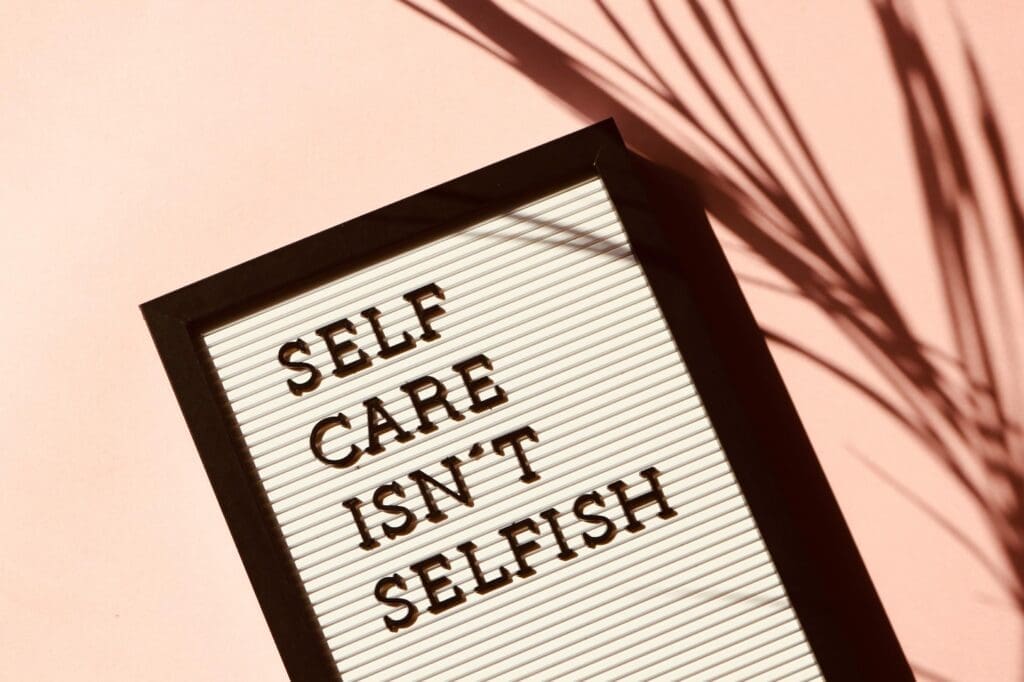Occasionally, we may feel anxious while waiting for a text back from our partner. This anxiety can trigger a flood of overwhelming thoughts and assumptions about why they have not replied. However, overthinking often does more harm than good, creating unnecessary stress and potentially affecting our communication with our loved ones.
****
Why Delayed Text Responses Trigger Anxiety?

Delayed text responses often trigger anxiety, not because of the silence itself, but because of the underlying fears it brings to the surface. We might jump to conclusions, wondering if our partner is being distant or even unfaithful. These thoughts can quickly spiral, creating unnecessary stress and emotional turmoil.
By exploring the root of our fears, we can begin to reduce the anxiety that comes with waiting for a reply. Becoming aware of unhealthy thought patterns and communication habits allows us to strengthen not only our relationship with our partner, but also the one we have with ourselves. For example, reflecting on where feelings of insecurity or low-self-esteem come from can offer powerful insight and lead to healthier, more grounded communication.
How Attachment Theory Explains Your Response

Anxious attachment is often at the root of relationship anxiety. This attachment style typically develops in childhood, where individuals experience an anxious bond with their primary caregiver. Children with this attachment style tend to be more “needy,” showing a strong discomfort with separation from their caregiver. For instance, a child with an anxious attachment may cry intensely if separated from their caregiver, displaying heightened distress when their caregiver is out of sight or reach.
The attachment patterns we form in infancy can carry over into our adult romantic relationships. As a result, someone with an anxious attachment style may feel overwhelmed with stress and anxiety if their partner does not respond to their text right away. These responses are shaped by the environment in which they were raised, influencing how they perceive love and intimacy in relationships.
How Past Experiences Influences Emotional Responses
Past experiences in relationships can profoundly impact our emotional reactions to being left on “delivered.” For example, if someone had a negative experience where a partner would frequently ignore their texts and calls as a form of punishment, it is understandable that they might feel anxious when their current partner does not respond immediately. These past experiences can lead to lingering fears and insecurities that are carried into new relationships. If left unaddressed, these unresolved anxieties can strain or even jeopardize a healthy relationship with someone who has not caused these fears to begin with.
5 Ways To Manage Anxiety And Improve Communication In Relationships

- Identify The Source For Your Anxiety
- What causes you to feel anxious?
- Accept Your Feelings And Acknowledge That Your Thoughts May Not Always Be Facts
- It is important to validate our feelings. However, it is also important to remember that our thoughts aren’t always facts and should not be treated as evidence.
- Share Your Honest Feelings With Your Partner
- Practice sharing how you feel with your partner.
- Remain Present During Your Conversations With Your Loved One
- Ask questions, maintain eye-contact and interest while your partner speaks to you.
- Practice Different Techniques To Help Lower Your Anxiety
- Try meditation, breathing exercises, and yoga to calm your mind and body.




